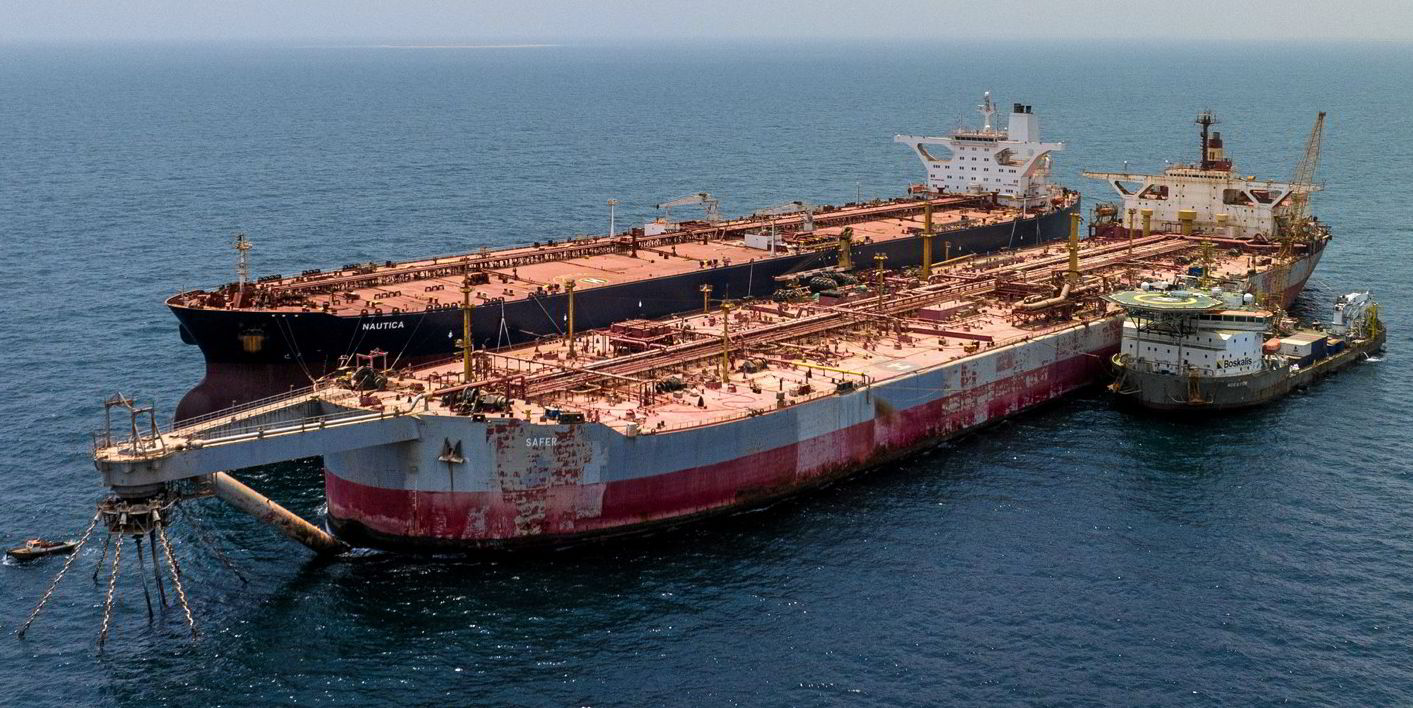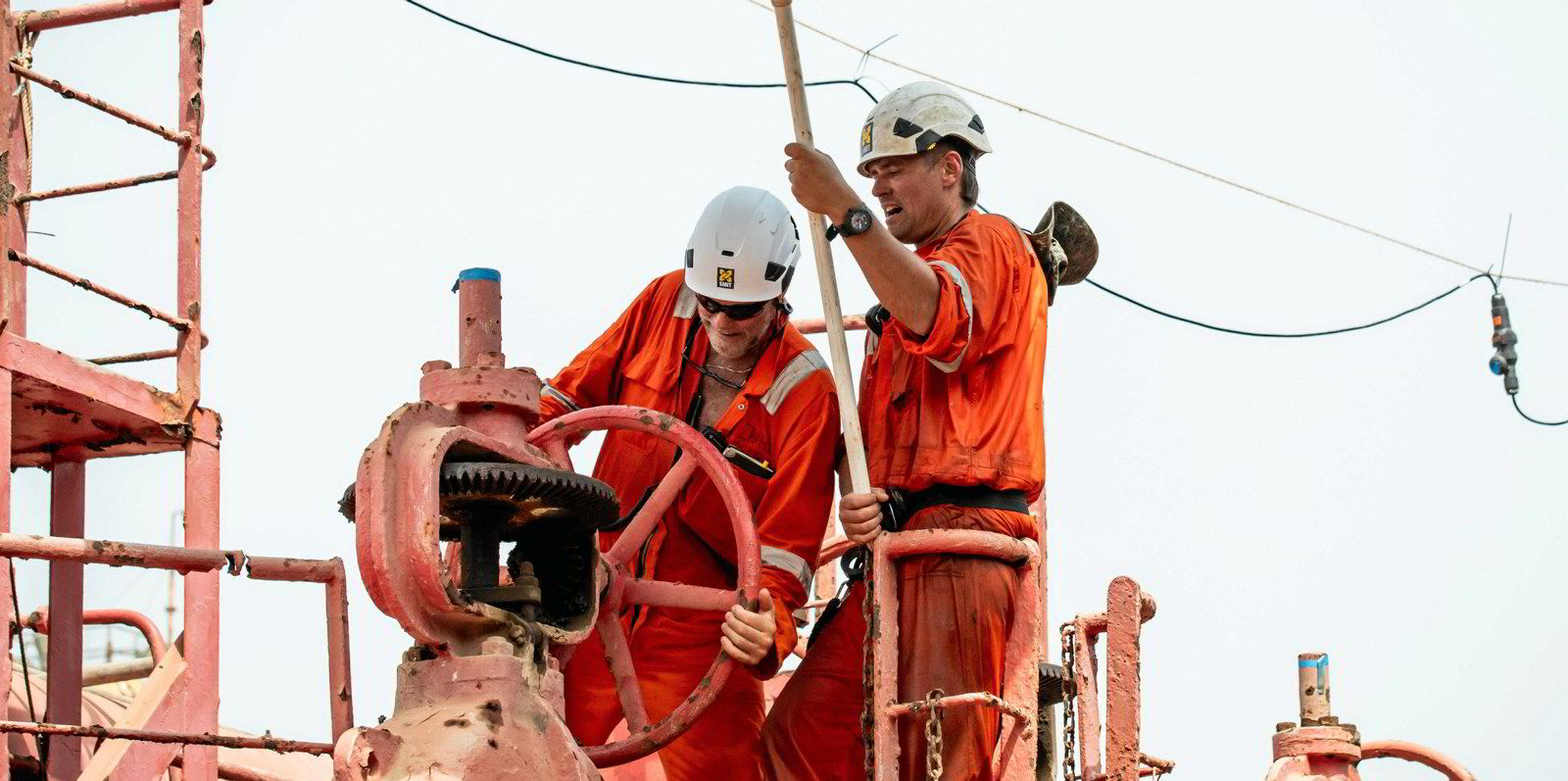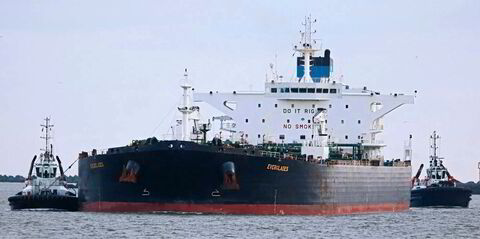Mounting security threats in the Red Sea have stopped work on a decaying oil tanker turned storage unit off the coast of Yemen.
The 407,000-dwt FSO Safer (built 1976) is located in waters under the control of the Iranian-backed Houthi rebels.
“The situation has resulted in unforeseen operational and financial challenges for the Safer project, making it difficult to move forward,” a spokesperson for the UN Development Programme told Agence France-Presse (AFP).
“After much consideration, the UN had no option but to pause the project at this time and has informed the authorities accordingly. We continue to follow developments on the ground very carefully and closely.”
The Houthis began attacking commercial shipping in the Red Sea in November, making it a largely no-go area for much of the shipping sector.
The US and its allies have since carried out several rounds of strikes on Houthi targets, increasing the risk for US and UK-linked ships using the vital waterway.
Last August, a salvage team successfully transferred 1.1m barrels of oil from the FSO Safety to the 307,300-dwt Yemen (built 2008), which was sold to the UN-led operation by Belgian tanker giant Euronav.
Ticking time bomb
As of mid-January 2024, some $129m has been raised for the removal project from the private and public sectors, according to the UN.
The remaining work includes the installation of the CALM buoy, and its connection to the Yemen mainland and the removal of the Safer for scrapping.
The UN has estimated that the clean-up operation from a spill from the FSO Safer, dubbed a ticking time bomb, would have cost $20bn.
However, it said the decaying Safer still poses a residual environmental threat.
“It still holds viscous oil residue mixed with sediment that can only be removed during a final cleaning during phase two of the operation,” the UN has said.





